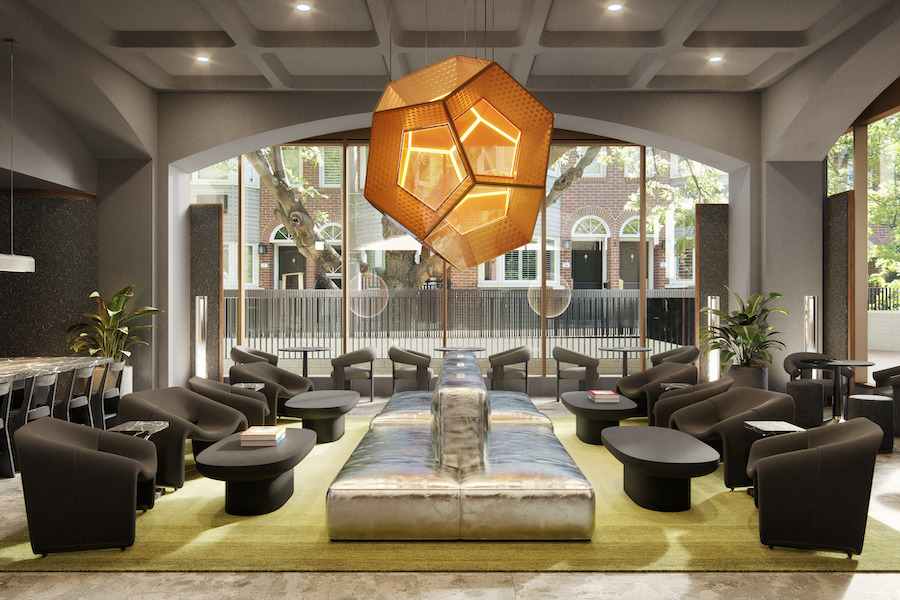INDEX: Designs to Improve Life has selected the winners of its 2013 design awards. Worth $777,150, the award is given only to designs that improve people’s lives and wellbeing.The winners of INDEX: Award 2013 have been selected by a professional, international jury between 1.022 nominations from 73 countries-all aiming to solve global problems like water shortage, food waste, climate change, and overpopulation with design.
Dutch designer Daan Roosegaarde won the community category with his Smart Highway proposal-an interactive and sustainable road that includes a five-step plan for modernizing European roadways. It proposes embedding highways with technology that can make roads more sustainable and interactive by using light, energy, and road signs that automatically adapt to the traffic situation. Smart Highway also won the People’s Choice Award after a close vote on CNN.com.
Kavita Shukla, a young inventor, designer, and founder of Fenugreen, won the home category with her design to keep produce fresh. Doted FreshPaper, the product is a simple sheet of paper infused with organic spices that inhibit bacterial and fungal growth-it’s meant to reduce the inefficiencies in food distribution by keeping produce fresh four times longer.
In the body category, the Laerdal Global Health of Norway won with the Natalie Collection-a trio of birth simulating learning tools that facilitates interactive learning by providing practical hands-on training. The INDEX: Award jury also rewards the fact that the Natalie Collection has already had a large proven impact-training in Tanzania has resulted shown in a 47 percent reduction in newborn death due to asphyxia.
The city of Copenhagen received the INDEX: Award in the community category for its climate adaptation plan. The city is working to minimize potential damage arising from climate change, installing warning and responses systems to deal with abnormal conditions, and is installing preventative infrastructures to cope with damage, loss, and traffic disruption.
Winning in the play and learning category, Eben Upton and his colleagues at the University of Cambridge’s Computer Laboratory submitted Raspberry Pia computer aiming to digitalize the whole world. The computer is the size of a credit card, costs $35, and is designed to activate kids and curious adults into coding computers.


